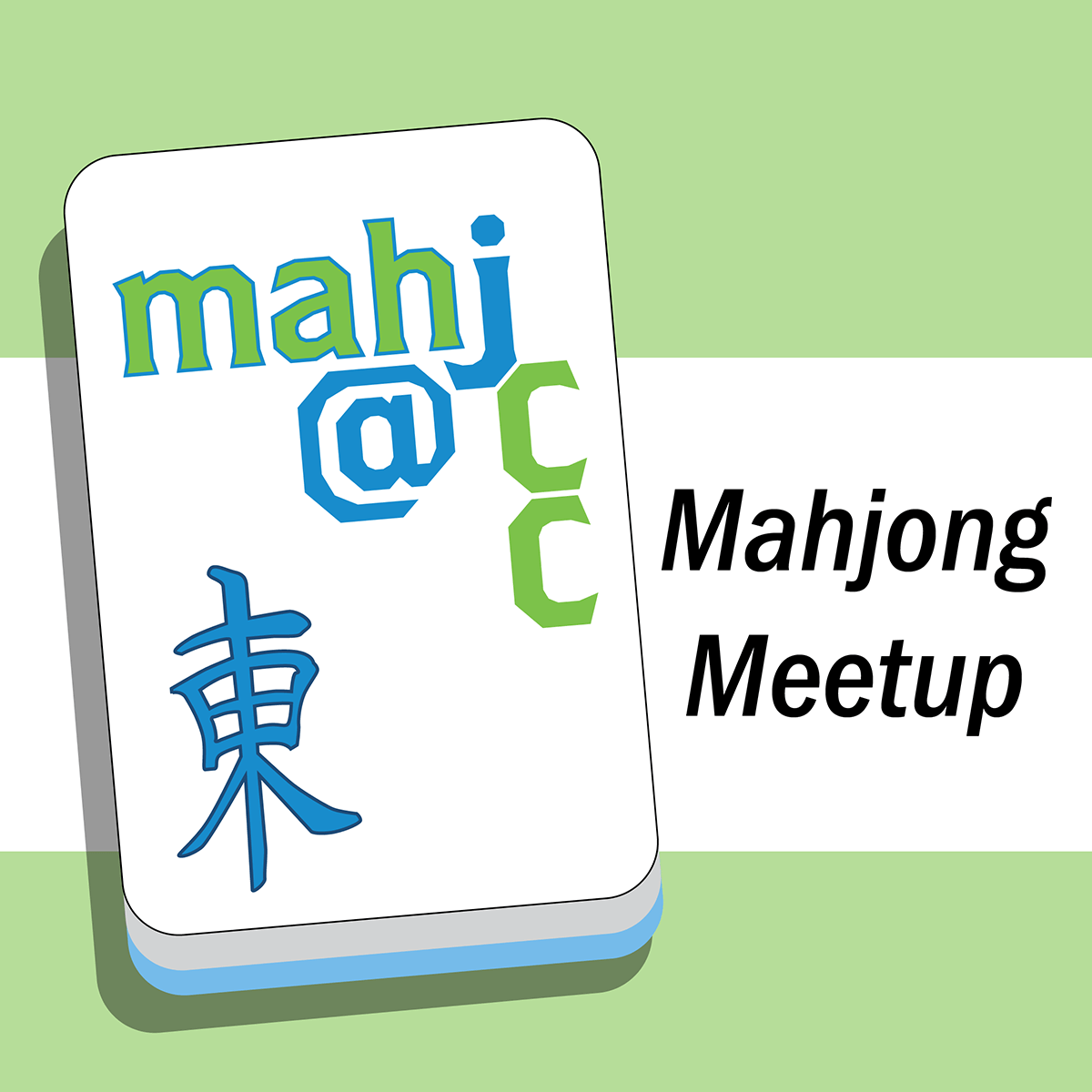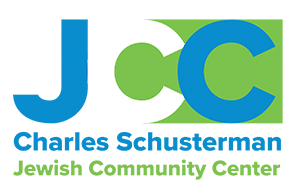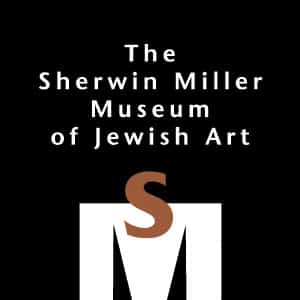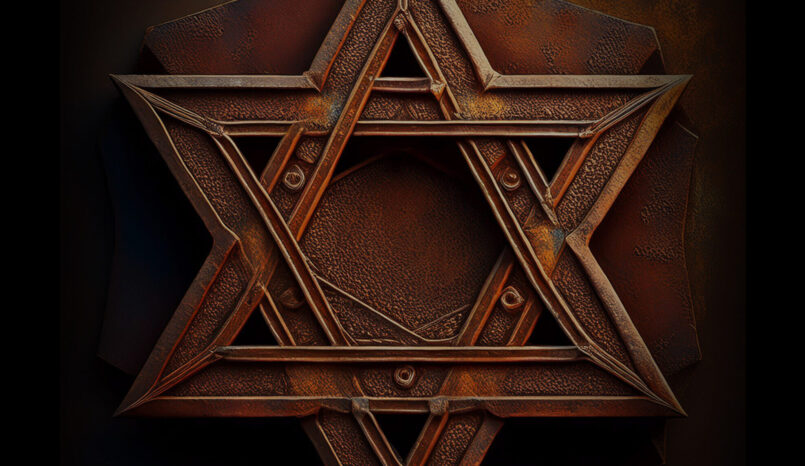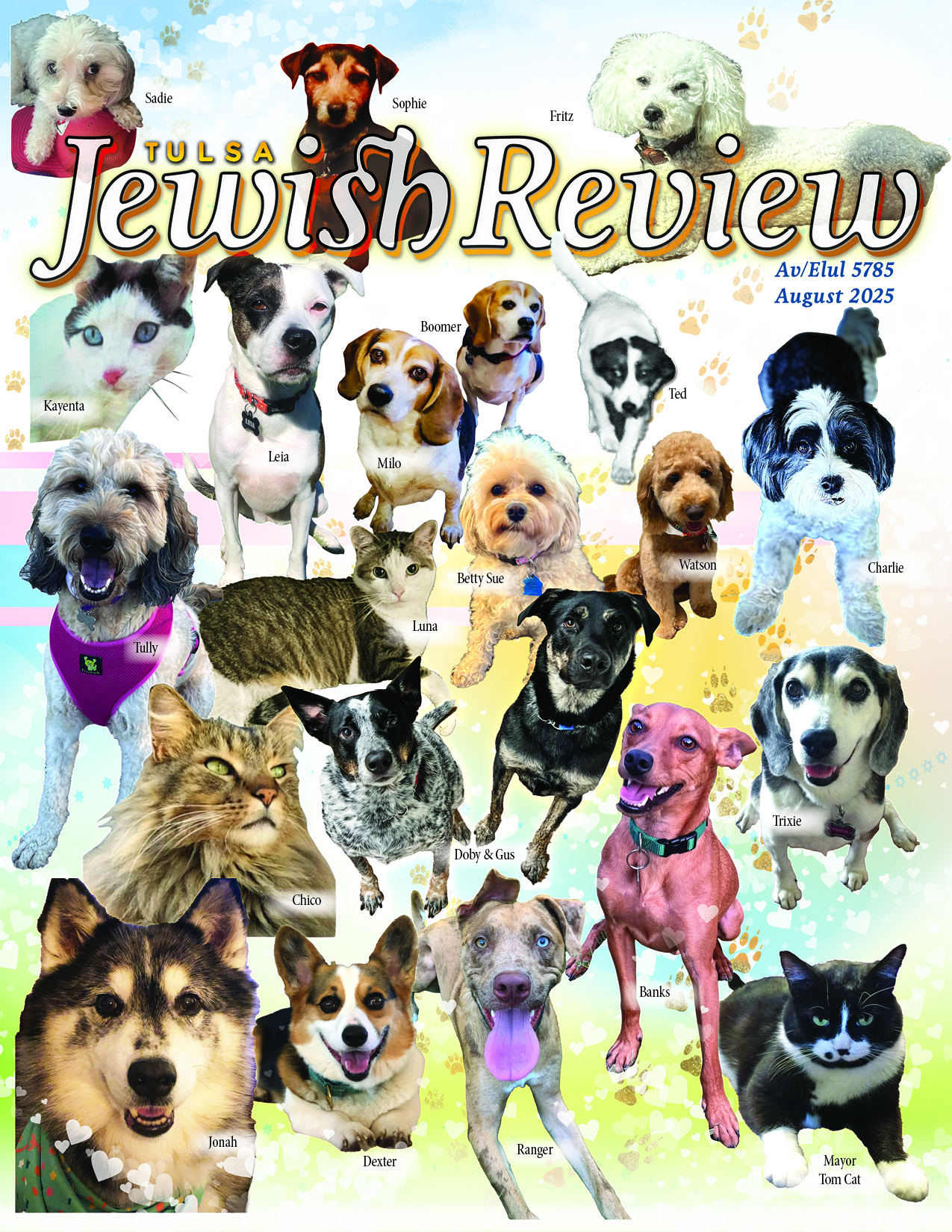Today, April 24, is a day of profound remembrance.
It is Yom HaShoah, the date on the Jewish calendar when we remember the six million Jews murdered by the Nazis—not just as victims of war, but as targets of a systematic, industrial campaign of extermination. And it is also Armenian Genocide Remembrance Day, marking the beginning of the Ottoman Empire’s mass murder of 1.5 million Armenians in 1915.
These are two separate events, different in scope, ideology, method, and historical context. The Holocaust was unique in its aim to eliminate an entire people from the face of the earth with scientific precision. The Armenian Genocide was unique in its brutality, its execution under the cover of war, and its role as a prototype for mass killing in the 20th century.
But they are bound by a common thread: both were acts of genocide—deliberate, state-sponsored attempts to erase an entire people from the world.
And both have been met, in different ways and for far too long, with denial, evasion, and revisionism.
That is why, today, the Jewish Federation of Tulsa recognizes the Armenian Genocide. We do so not because it is easy, but because it is right. The facts are clear. What happened to the Armenian people was more than tragedy in a time of war—it was a genocide. And the refusal to acknowledge that truth does not serve diplomacy. It serves denial. We say this as Jews who carry the memory of our own people’s destruction. We say this as heirs to a legacy of silence, and as a community determined never to repeat that mistake—on behalf of anyone.
The word genocide didn’t exist when the Armenian Genocide or the Holocaust took place. It was coined by Raphael Lemkin, a Polish-Jewish legal scholar who was moved by both atrocities. Lemkin believed the world needed a word—and a legal framework—to recognize and respond to the deliberate destruction of a people. His work led to the Genocide Convention, rooted in the conviction that such crimes must be named and confronted.
There was a time when many in the Jewish world—including some institutions—chose silence.
Understandably, some feared harming delicate alliances or inviting backlash. But silence in the face of historical injustice is not wisdom. It is abdication. And as we’ve learned from our own experience, denial doesn’t heal wounds—it deepens them.
Today, as these two days of remembrance converge, we are reminded that memory is about not only commemoration but shaping the kind of future we want to build. One where the truth is told. One where people stand up for one another—not just in times of tragedy, but in times of moral test.
We honor the victims of the Armenian Genocide not because their story is the same as ours, but because we recognize their pain, their loss, and their enduring dignity. We stand with their descendants in saying: your history matters. Your grief matters. And the truth of what happened will not be erased.
So we remember them. Fully. Honestly. Without euphemism or qualification.
May the memory of all who perished—in the forests of Europe, in the deserts of Anatolia—be a blessing. And may our shared remembrance today lead us closer to a world of justice, compassion, and peace.
